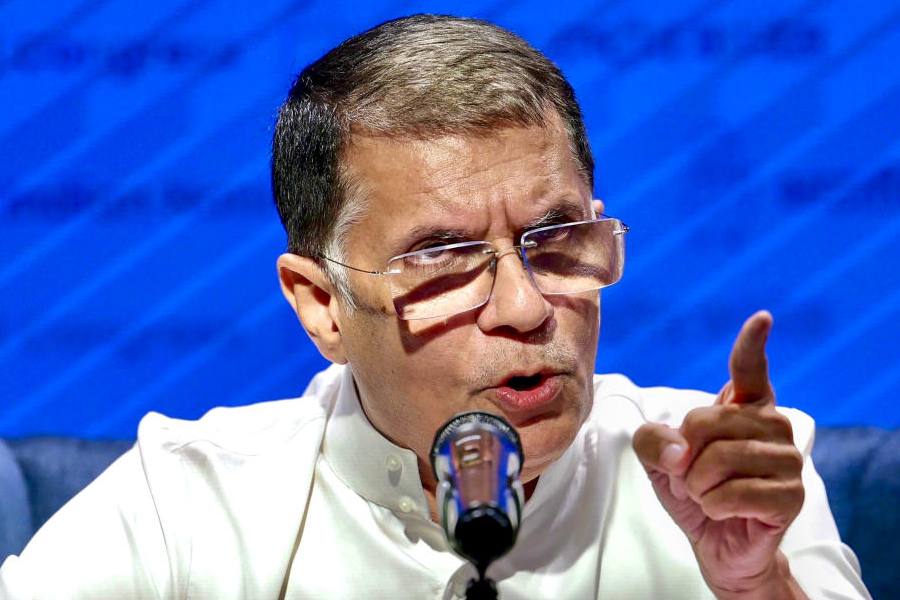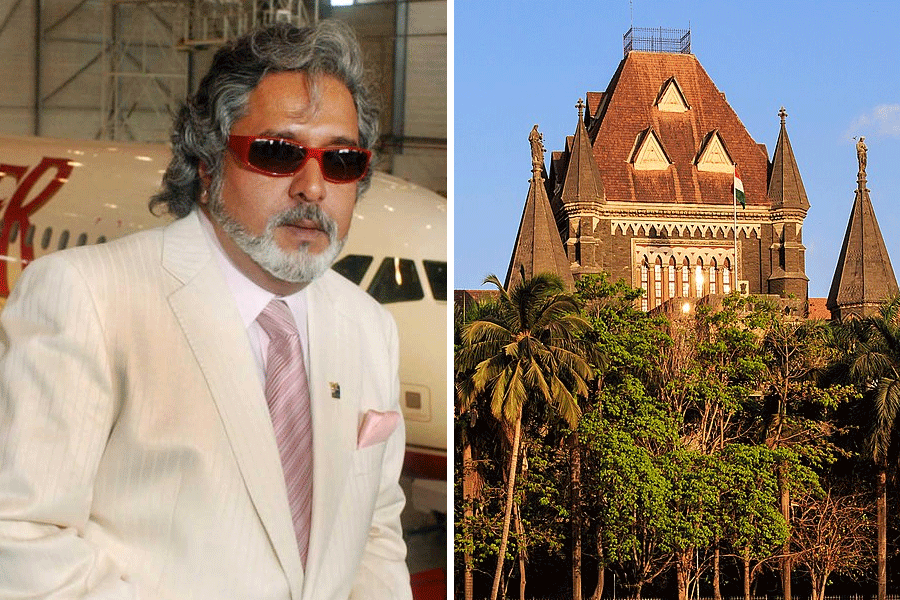A delegation of Trinamul Congress MPs met President Droupadi Murmu on Thursday and urged her to give assent to the Aparajita Women and Child (West Bengal Criminal Laws Amendment) Bill, 2024, as early as possible.
The bill, unanimously passed on September 3 last year in the Bengal Assembly, was forwarded to the President by governor C.V. Ananda Bose on September 6.
The TMC delegation comprised prominent MPs, including Rajya Sabha parliamentary party leader Derek O’Brien, Lok Sabha parliamentary party leader Sudip Bandyopadhyay, Dola Sen and Pratima Mondal.
“We met the President this afternoon and she gave a patient hearing to our demand. She said she would enquire about the status of the bill and promised to do the needful as early as possible,” Sen told The Telegraph.
“We tried to make her understand the importance of the bill and we are hopeful that she will take a proactive step and help the state government implement it as early as possible,” Sen said.
The Assembly passed the bill against the backdrop of the widespread anger in the wake of the rape and murder of a junior doctor at R.G. Kar Medical College and Hospital in Calcutta on August 9 last year.
The bill mandates a life sentence for rape and capital punishment in cases where the crime results in the victim’s death or leaves them in a vegetative state. It also prescribes a jail term of three to five years for anyone who discloses a rape
victim’s identity.
Additionally, it proposes that investigations be concluded within 21 days, with a possible extension of up to 15 days under the supervision of a police officer in the rank of an SP. The bill also stipulates that the trials be completed within 30 days of the chargesheet being filed.
Explaining the procedural aspects of the bill’s progression, Mondal said: “The bill was sent to the governor for assent on the same day it was passed and he immediately sent it to the President for approval. The bill is lying with the President.”
Legal experts said according to Article 200 of the Constitution, the governor had three options on a bill: granting assent, withholding assent, or reserving it for the President’s consideration.
“In this instance, the governor chose to send the bill to the President for her decision. Now, everything rests on the consent of the President,” a legal expert said.
Raj Bhavan sources said the governor had sent the bill to the President for approval after Bose had expressed his displeasure over the failure of the Assembly secretariat to give him the text of the debates and translations as required under the rules.










